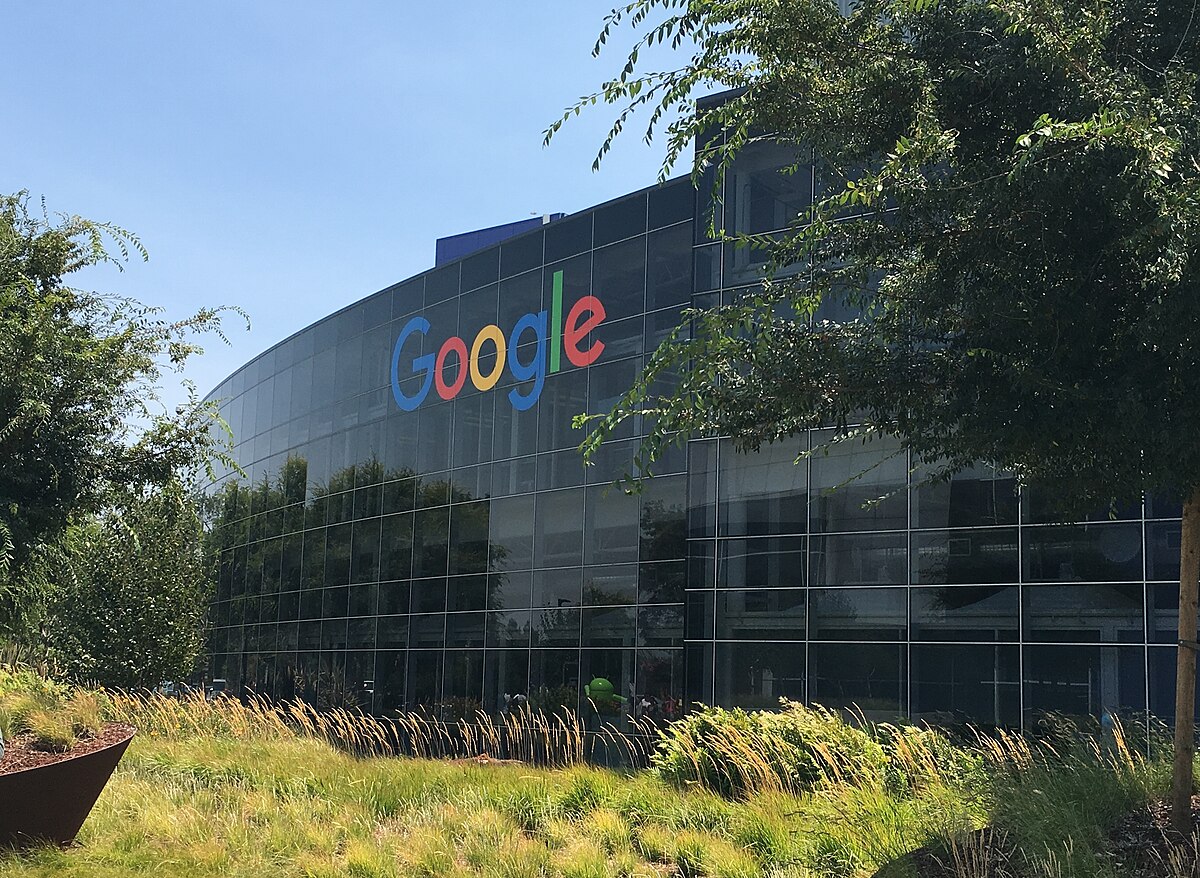quebec-oui.org – In the late 1990s, the internet was a rapidly expanding digital universe with a vast amount of information scattered across countless websites. Finding relevant content was akin to searching for a needle in a haystack. Enter Google, a search engine co-founded by Larry Page and Sergey Brin, which would not only revolutionize the way we access information but also transform the digital landscape in ways previously unimaginable.
The Birth of Google:
Google’s journey began at Stanford University, where Page and Brin were Ph.D. students in computer science. Their research project, initially dubbed “BackRub,” aimed to analyze the relevance of websites by looking at the quantity and quality of backlinks to a page. This innovative approach, which would later become the foundation of Google’s PageRank algorithm, was a game-changer in the world of search engines.
A Cleaner, Faster Search:
Google’s launch in 1998 was marked by a simple homepage and lightning-fast search results, a stark contrast to the cluttered and slow competitors of the time. The minimalist design and the company’s mission statement, “Don’t be evil,” quickly won over users who were tired of the intrusive ads and irrelevant search results provided by other search engines.
The PageRank Revolution:
Google’s secret sauce was its PageRank algorithm, which ranked web pages by their importance as determined by the number and quality of links to the page from other websites. This approach meant that more authoritative and relevant content rose to the top of search results, making Google the go-to search engine for users seeking reliable information.
Beyond Search:
Google didn’t stop at search. The company expanded its offerings to include Gmail, Google Maps, Google Docs, and more, each service designed to be user-friendly and efficient. Google became a verb, synonymous with searching for information, and the company’s products became integral to the daily lives of millions around the globe.
The Impact on Business and Advertising:
Google’s AdWords platform revolutionized online advertising by allowing businesses to bid on keywords related to their products or services. This pay-per-click model meant that companies only paid when users clicked on their ads, making advertising more cost-effective and measurable. Google’s advertising network became a massive revenue stream, funding further innovation and expansion.
The Rise of Big Data and AI:
As Google indexed more of the web, it amassed vast amounts of data, which it used to improve search algorithms and develop new technologies. Google’s expertise in artificial intelligence and machine learning has led to advancements in voice recognition, image search, and natural language processing, making search more intuitive and accessible.
A Global Phenomenon:
Today, Google is the most widely used search engine in the world, with over 90% of the global search engine market share. Its influence extends beyond search, with Google’s parent company, Alphabet Inc., encompassing a range of businesses from self-driving cars to life sciences.
Conclusion:
Google’s impact on the world is immeasurable. It has not only changed how we find information but also how we communicate, work, and even think. From a simple search engine, Google has grown into a tech giant that shapes the future of technology and society. As we continue to navigate the digital age, it’s clear that Google’s legacy will be one of the most significant technological revolutions in history.
